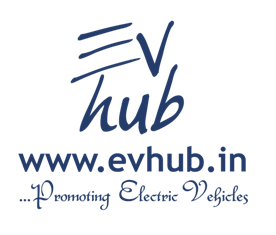See what's happening in India regarding electric vehicles ?
Minister of state for environment and forests Jairam Ramesh came down against the use of bio-fuels in automobiles, saying food security concerns were the priority.
On the sidelines of an automobiles event in New Delhi, Ramesh said, ''We should take a cautious approach towards it (bio-fuel) as its production would require land and crops. It will be difficult as there are other needs like food security in the country.'' as in the news @ http://www.evhub.in/news/262#262
See what's happening in USA regarding electric vehicles ?
President Barak Obama has now got his dream car, the hybrid car Chevy Volt, produced only after intervention from government and labour union- owned Government Motors. as in the news @ http://www.evhub.in/news/266#266
We all know that government has to initiate incentives, programs to promote electric vehicles. But in India, government representatives are commenting as stated above which will be de-motivating more than 50 number of electric vehicle manufacturers (as published in http://www.evhub.in) in India. This type of comments are not recommended by responsible persons, when already hundreds of crores(10 millions) invested on it. In contrast, we can see how US government is involving to promote electric vehicles. The difference is attitude.
This news compilation is to expose the attitudes of governments towards the GREEN Technologies. EVHUB.IN as the common platform for electric vehicles, requests the Indian government to change the attitude towards this technologies and help this market to grow for the good of Mother Earth.
You many be interested in following links too
Register your auto component company @ EVHUB.IN for free - http://www.evhub.in/register-your-company/
Visit the virtual online showroom of BSA Motors in EVHUB @ http://www.evhub.in/bsa
Download BSA Electric bike wall papers for free @ http://www.evhub.biz/wallpapers-1/watch-the-slide-show-of-bsa-motors-electric-bike-model
Virtual Online Showrooms Exclusively For Electric Vehicles @ http://www.evhub.biz/news/virtual-online-showrooms-exclusively-for-electric-vehicles
Contact us to mail@evhub.biz to get your own virtual online showroom.
Mirror links:
